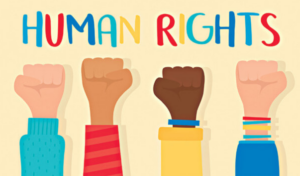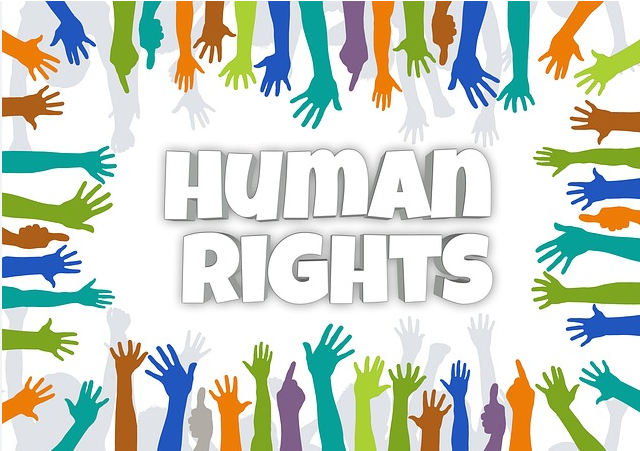|
Getting your Trinity Audio player ready...
|
Human rights are the fundamental principles that ensure the dignity, equality, and freedom of all individuals across the globe. They serve as a guiding light for a just and fair society. Although numerous human rights exist, four essential pillars support the foundation upon which all others rely. In this article, we will explore these vital rights, shedding light on their significance and the impact they have on individuals and societies. Four Essential Pillars.
The Right to Life
The right to life is arguably the most fundamental of all human rights. It ensures that every individual has the inherent right to live and not be arbitrarily deprived of their life. This right extends beyond the absence of violence; it encompasses the right to food, clean water, and a safe environment, as these are essential prerequisites for life. The right to life is not solely about physical survival. But it also encompasses the right to live with dignity and without fear.
For instance, access to clean drinking water is not just about quenching one’s thirst; it is about preventing waterborne diseases that can lead to loss of life. Similarly, a society that values the right to life will work to prevent violence. As well as ensuring adequate healthcare for all its citizens.
The Right to Liberty and Security of Person
The right to liberty and security of person guarantees that authorities cannot detain or subject anyone to torture or inhuman treatment arbitrarily. This right safeguards individuals from unlawful imprisonment and protects their physical and psychological well-being. It forms the foundation of due process, ensuring the fair treatment of individuals by the justice system.
For instance, when authorities accuse a person of a crime, the right to liberty ensures that they cannot be detained indefinitely without a trial. Furthermore, it prohibits any form of torture or cruel, inhuman, or degrading treatment, emphasizing the importance of treating all individuals with dignity and respect.

The Right to Freedom of Thought, Conscience, and Religion
The right to freedom of thought, conscience, and religion is essential for the expression of individual identity and belief systems. It encompasses the right to hold and practice one’s beliefs without coercion or discrimination. This right also protects the freedom to change one’s beliefs or religion without fear of persecution.
In practice, this right means that individuals have the freedom to worship as they choose. Hence expressing their thoughts and opinions, and live according to their values. A society that champions this right respects its citizens’ diversity and prevents anyone from being compelled to adhere to a specific ideology or belief system.
The Right to Equality Before the Law
The right to equality before the law ensures that the legal system treats all individuals with equal respect and dignity. It prohibits discrimination on the basis of race, gender, religion, nationality, and other characteristics. This right is a cornerstone of justice and fairness in society.
In practice, it means that every individual has the same access to legal remedies and protection under the law, regardless of their background. It also requires governments to take proactive steps to address systemic discrimination and promote equal opportunities for all.
Conclusion
These four essential human rights – the right to life, the right to liberty and security of person, the right to freedom of thought, conscience, and religion, and the right to equality before the law – form the bedrock of a just and fair society. These rights enable individuals to live dignified lives, freely express themselves. As well as receiving fair and respectful treatment from the legal system.

